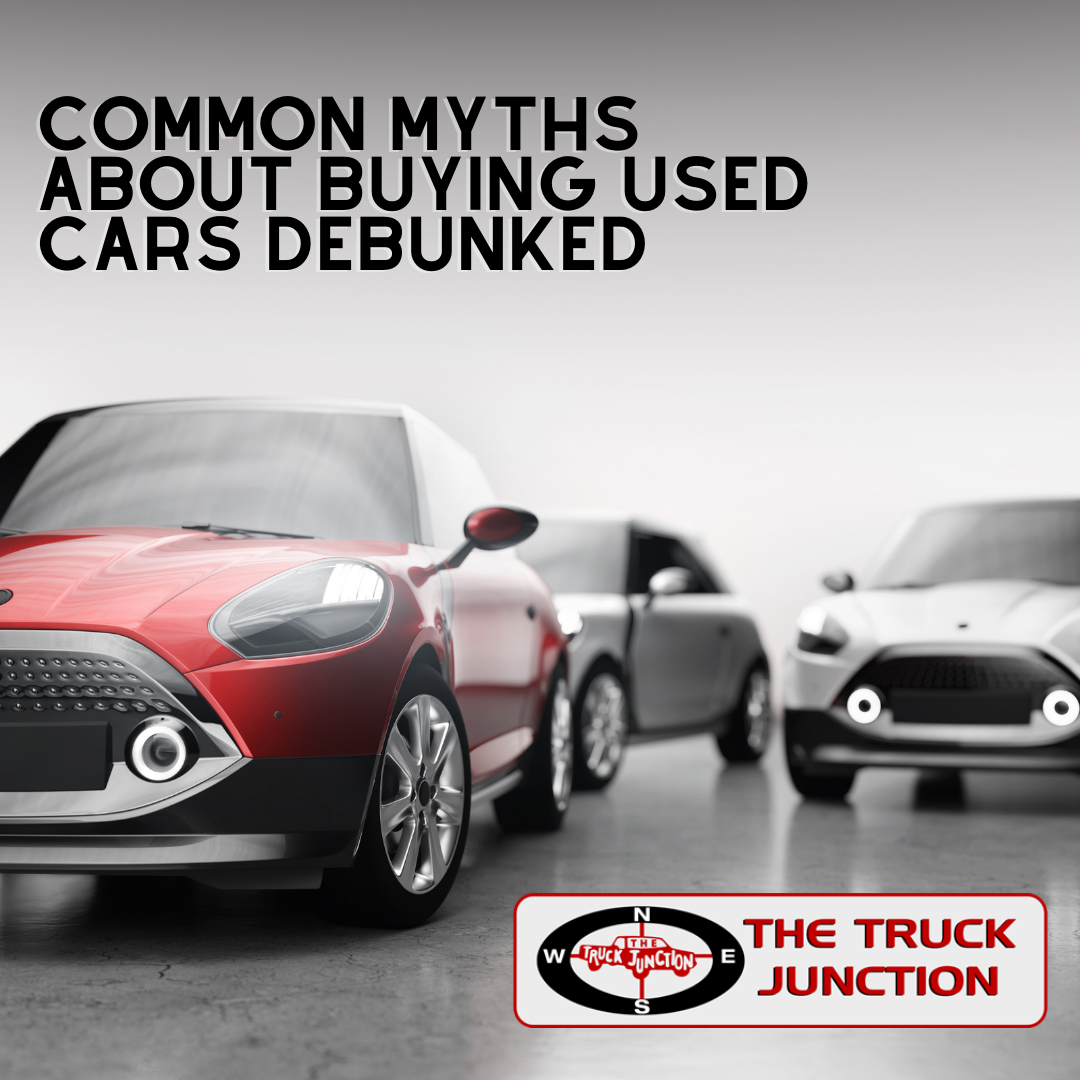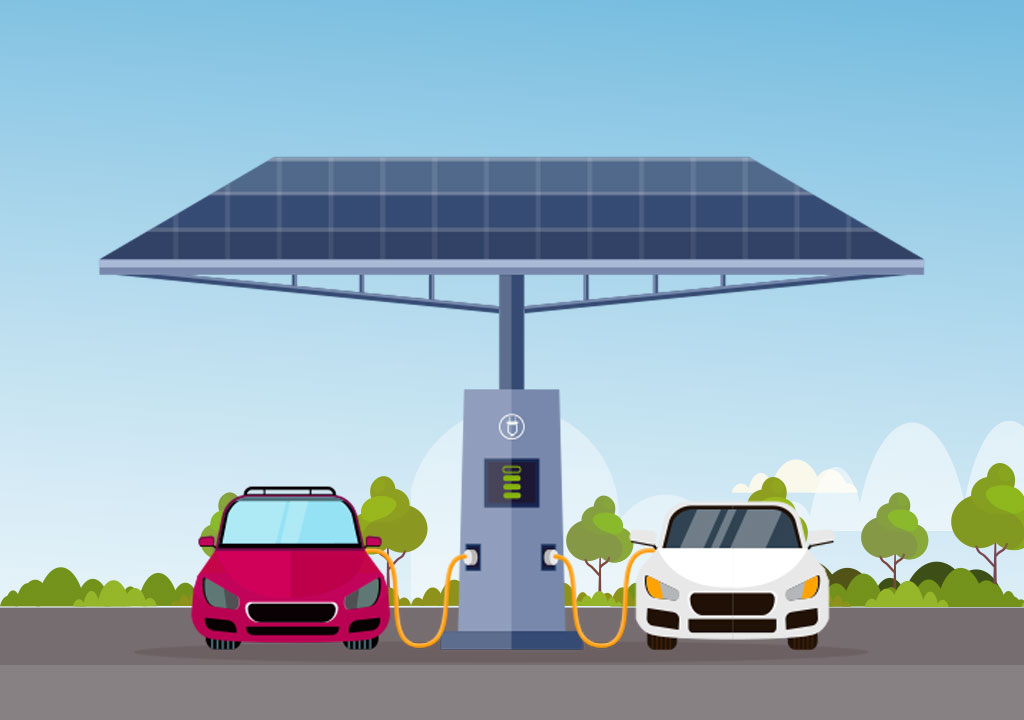When it comes to buying a car, it’s no secret that the process can be intimidating. With the vast amount of information available online and advice from well-meaning friends and family, it’s easy to fall victim to common car buying myths. To help you navigate the often murky waters of the car buying process, we’ve compiled a list of some of the most prevalent misconceptions and are here to debunk them one by one.
Myth 1: You Should Always Buy a Car at the End of the Month
One of the most common misconceptions is that you should always buy a car at the end of the month. The idea behind this myth is that dealerships are more willing to negotiate and offer better deals to meet their monthly sales quotas. While there may be some truth to this myth, it’s essential to understand that it’s not a guaranteed way to secure a great deal.
The reality is that dealerships have become more sophisticated in managing their inventory and sales targets. They spread their quotas throughout the month, making it less likely that you’ll find a dealership desperate to meet its targets on the last day. Instead of solely focusing on the end of the month, it’s better to do your homework, research the car’s value, and negotiate based on your knowledge and budget.
Myth 2: You Should Always Pay Cash for a Car
Another common myth is that paying cash is the best way to buy a car. While it’s true that paying cash can help you avoid interest charges, it’s not always the most financially savvy option. Financing a car can actually be a smarter move in some cases.
If you have an excellent credit score and can qualify for a low-interest rate loan, you might be better off financing the vehicle. By keeping your cash in investments or savings accounts that generate a higher return, you can potentially earn more over time than the interest you’d pay on the car loan. So, don’t dismiss financing as a viable option just because of this widespread myth.
Myth 3: The Sticker Price is Non-Negotiable
Many buyers believe that the price listed on the sticker is the final, non-negotiable price. This myth can discourage people from trying to negotiate, thinking that there’s no room for flexibility. However, the truth is that the sticker price is often just a starting point for negotiations.
Dealerships typically expect buyers to haggle, and they usually mark up the initial price with room for discounts and negotiations. Before heading to a dealership, research the car’s fair market value and be prepared to make a counteroffer. You’ll often find that the price can come down significantly, saving you money in the end.
Myth 4: Buying a Used Car is Always a Better Deal
While used cars can offer substantial savings, they aren’t always a better deal than new ones. This myth assumes that new cars depreciate rapidly, making used cars the more financially sound choice. However, it’s essential to consider various factors when deciding between new and used.
New cars often come with warranties, the latest safety features, and improved fuel efficiency. They also offer the peace of mind that you’re the first owner and know the car’s complete history. If you plan to keep the car for an extended period, a new car may be a more cost-effective option in the long run.
In conclusion, car buying myths can make the process more confusing and stressful than it needs to be. It’s essential to do your research, be informed, and not fall prey to common misconceptions. By understanding the truth behind these myths, you can confidently navigate the car buying journey and make a decision that’s best for your needs and budget.
Remember, it’s essential to be well-prepared, informed, and open to negotiation. With the right knowledge, you can turn the car buying process into a smooth and enjoyable experience, ensuring you drive away with the best possible deal. Don’t let myths cloud your judgment; instead, use them as an opportunity to learn and make well-informed decisions when purchasing your next vehicle.




